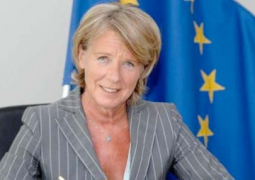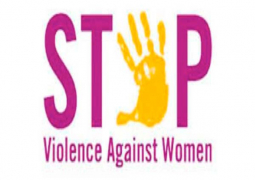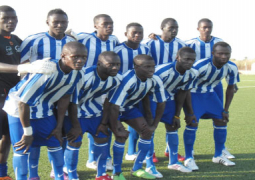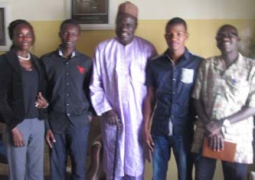Following the declaration of an emergency by the Gambia government through the Ministry of Agriculture on 6 March 2012, as the country is faced with food insecurities this year due to the 2011 crop failure, the World Food Programme has since then taken a leading role in providing food assistance to the affected population.
As an initial intervention, WFP launched a two-month Immediate Response Emergency Operation (IR-EMOP) in April 2012 to provide emergency food assistance to people in Central River Region, the most affected district.
The IR-EMOP provided two months of food aid consisting of rice, vegetable oil, peas and iodized salt to a targeted caseload of 60,000.
As part of efforts at complementing the government efforts to address food insecurities for the affected families, Brazil government through WFP donates 5000 metric tones of rice the Government of The Gambia.
The donation was staged in a form of ceremony witnessed by government dignitaries, UN staff and other stakeholders held at the WFP warehouse in Kanifing on 19 September 2012.
Madam Rosemary Parnell, a representative of the Brazil Ambassador, Maria Elisa T. de Luna, stated that the Brazilian government is pleased to help the Gambians in these dire times of hunger, donating rice to 206,000 vulnerable people in a partnership with the WFP and European Union.
Fighting this problem has been a priority for the last years, she said, adding: “We believe that eradicating food insecurity is essential for a sustainable economic development.
“In a period of such uncertainty, climate change becomes even harder to deal with these tasks but we are glad to cooperate with Gambian people to overcome this challenge.”
For her part, Madam Agnes Guillaud, European Union Charge d’Affaires, said in The Gambia European Commission Humanitarian Organization (ECHO) has provided much needed funds to accompany the government of Brazil’s generous donation. This rice is being channeled to the WFP as part of the UN emergency’s response to 2011-2012 crop failure.
The support the EU is providing through ECHO is part of an overall EU contribution to The Gambia of 1.5 million Euros (60 million dalasi), to help it through the current food crisis.
The current situation, in which The Gambia finds itself, with 206,000 people considered to be at risk and 25,000 of them under the age of 5, proves that a country like The Gambia cannot afford to rely only on rain-fed agriculture for food.
The vulnerability of Gambian agriculture is only likely to increase with the effect of climate change, thus a deep and challenging modernization of the agricultural sector must start very rapidly to ensure sustainable food security for Gambian population.
That is why the EU is working on accompanying the government’s PAGE to strengthen the agricultural sector with a view to attaining food security.
Abdou Kolley, Minister of Finance and Economic Affairs reiterated that attaining food self-sufficiency and ensuring food security for the people is key objective for the government and this is amply reflected in agricultural and national development blueprints such as The Gambia National Agricultural Investment Programme and PAGE.
“These sectoral and national development plans have been well articulated and if the right funding is made available for their implementation would make a giant lead in the efforts to reduce poverty and ensuring food security,” he said.
“I certainly look up to our non-traditional development partners like Brazil for support in realization of the noble objectives contained in these development plans,” he added.
Government of Brazil has special relationship with The Gambia in particular and the sub-region in general thanks to the Africa policy of former head of state Luis Ignacio Lula Da Sylva and being pursued by the current government.
Indeed the foundations for solid and fruitful partnership between Brazil and Africa have been laid and we now need to build on that for mutual benefit of our people.





